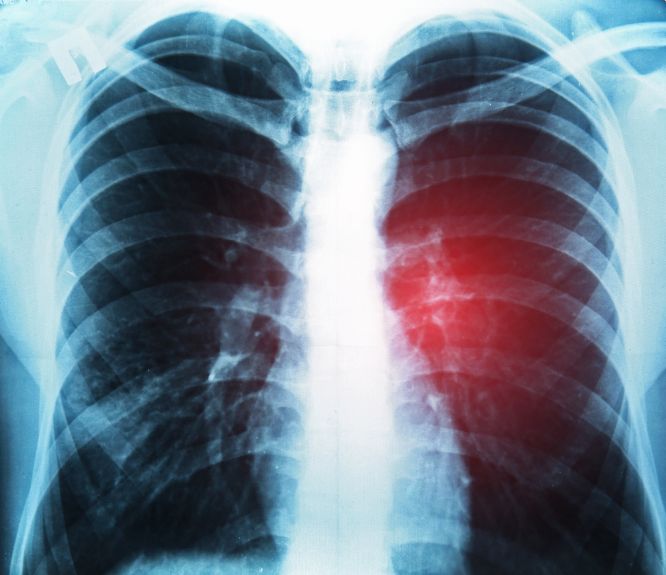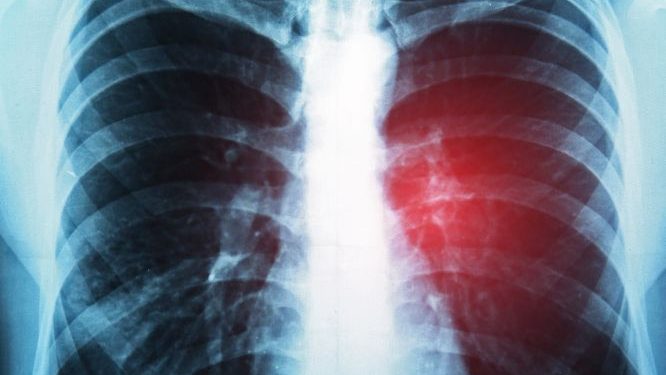Lung cancer is a type of cancer that starts in the lungs and can spread to other parts of the body. When it reaches stage 4, it is considered advanced and has likely spread beyond the lung where it first began, which limits treatment options and reduces survival rates. However, there are treatments that can help people live longer with the disease, including surgery, chemotherapy, and radiation. People who are diagnosed with stage 4 adenocarcinoma lung cancer should talk to their doctors about what to expect and how best to cope with the news.
There are two main types of lung cancer: non-small cell and small cell. Non-small cell lung cancer is more common, but both can cause symptoms and lead to death. The survival rate for both types of lung cancer varies by age, gender, smoking status, and race, according to the American Cancer Society. There are also a number of other factors that can affect survival, including the type and location of the tumor, and whether it has spread to other organs, such as the brain, liver, or adrenal glands.
Stage 4 adenocarcinoma cancer is classified as metastatic because it has spread from the lung to other sites in the body, such as other lungs, bones, and the brain. The overall survival rate for people who have this type of lung cancer is about 8%, according to the National Cancer Institute’s Surveillance, Epidemiology, and End Results Program database.

The survival rate for a person with metastatic lung cancer depends on several factors, including the type of cancer and where it has spread, according to Moffitt Cancer Center. If a person’s cancer has only spread to one site, such as the brain, they may be able to be treated and even cured with surgery, radiation, or chemotherapy. If the cancer has spread to other organs, it may be harder to treat, but there are a variety of drugs that can slow the progression of the disease and improve symptoms.
Regardless of their prognosis, people with stage 4 adenocarcinoma should make sure they are getting adequate rest, eating well, and exercising regularly. These lifestyle habits can all contribute to a longer life expectancy. They should also be aware of the side effects of their treatment and address them with their doctor as soon as possible.
It’s also important to have a strong support system to help deal with the emotional fallout of a diagnosis. This can include talking to friends and family members, seeking out a support group, or speaking with a therapist or counselor. People who are diagnosed with late-stage cancer can experience a wide range of emotions, from fear and anxiety to anger and depression. Having a strong support system can help people stay focused on their health and quality of life. Lastly, it’s a good idea to research the latest developments in treatment for their specific type of lung cancer, and to consider participating in clinical trials.









